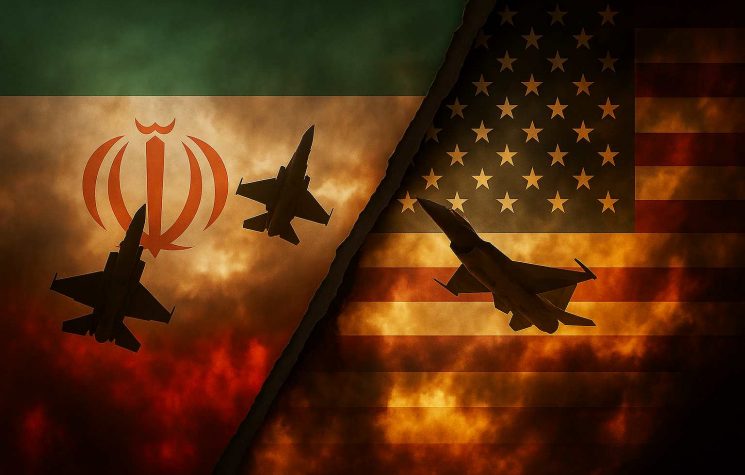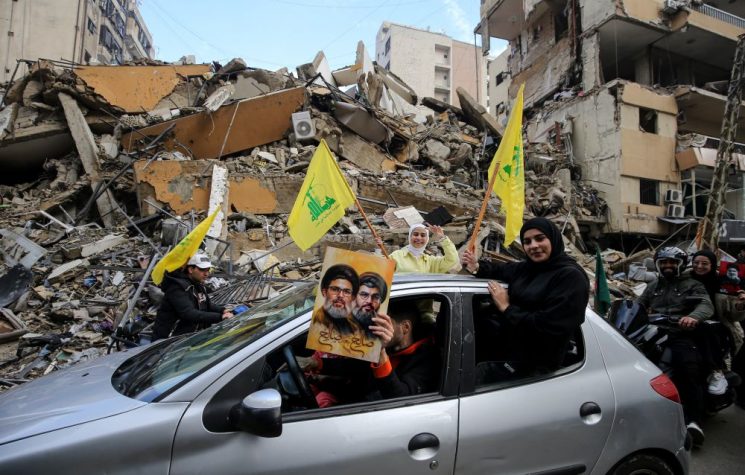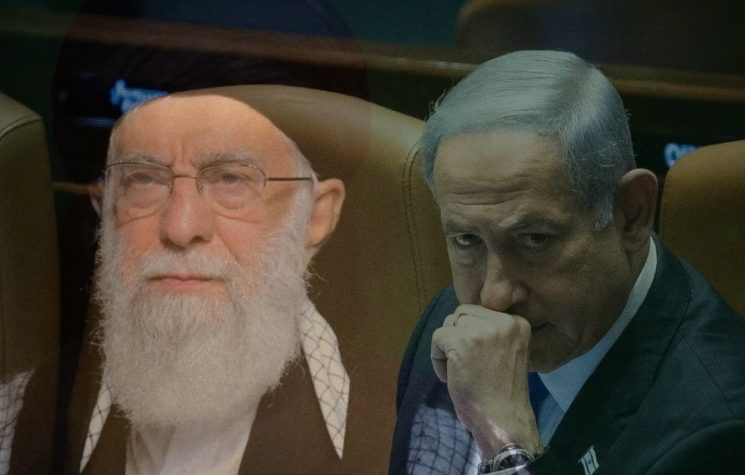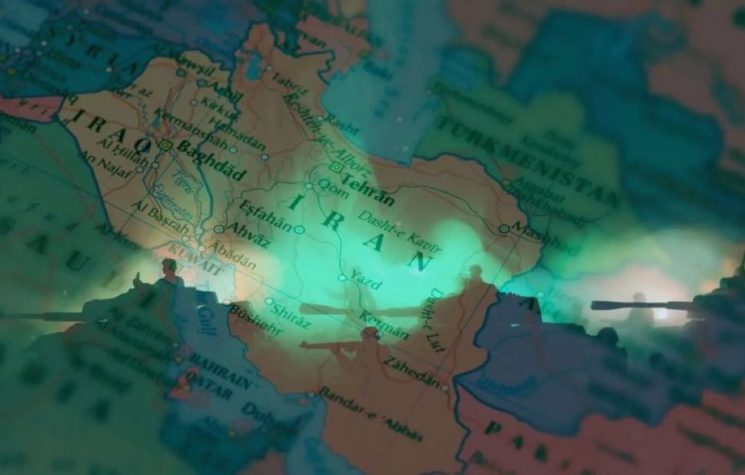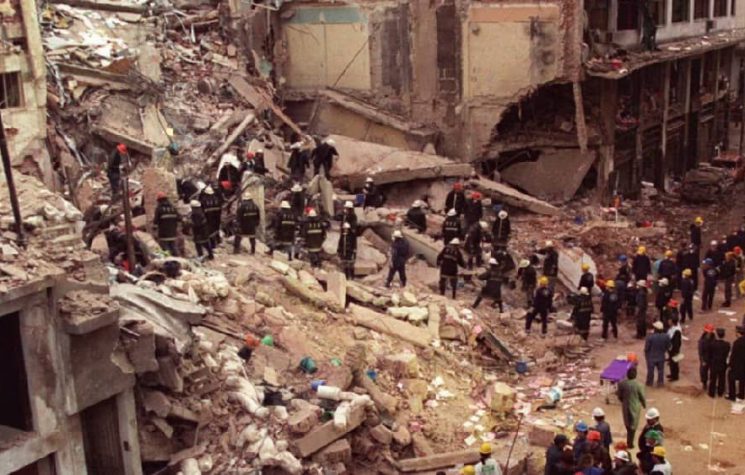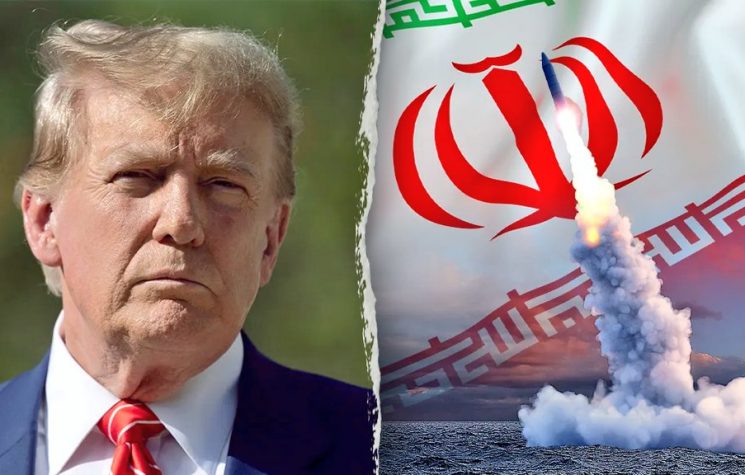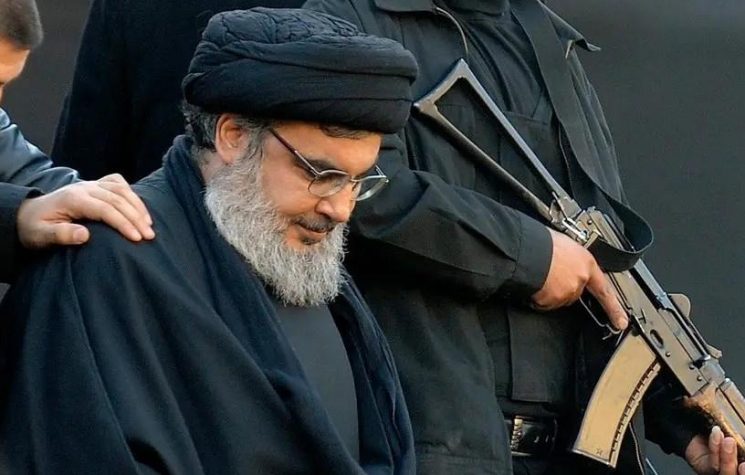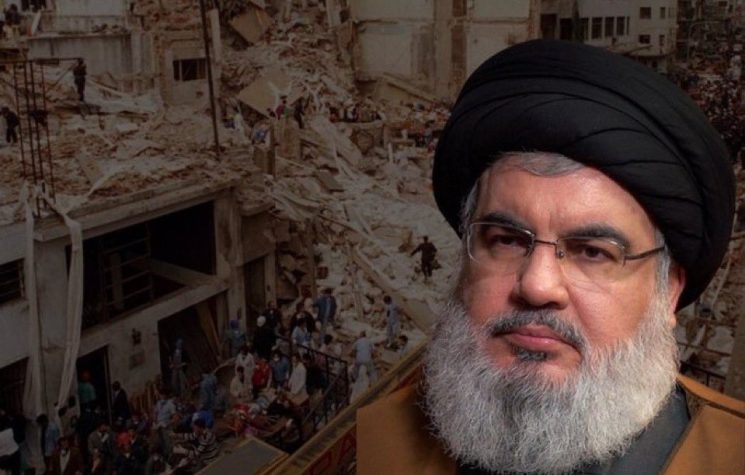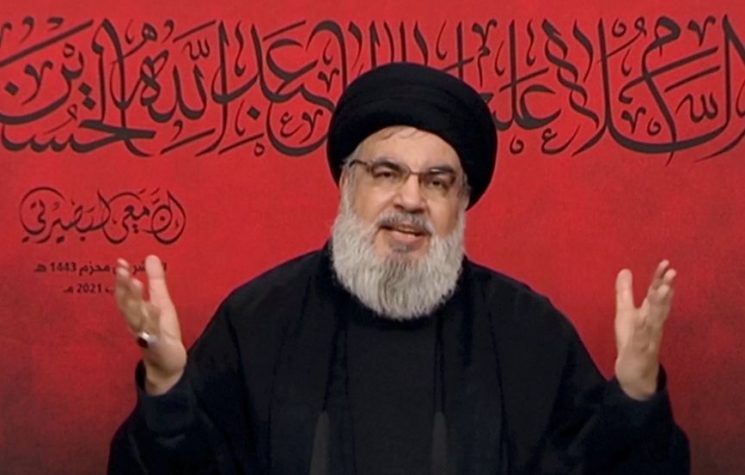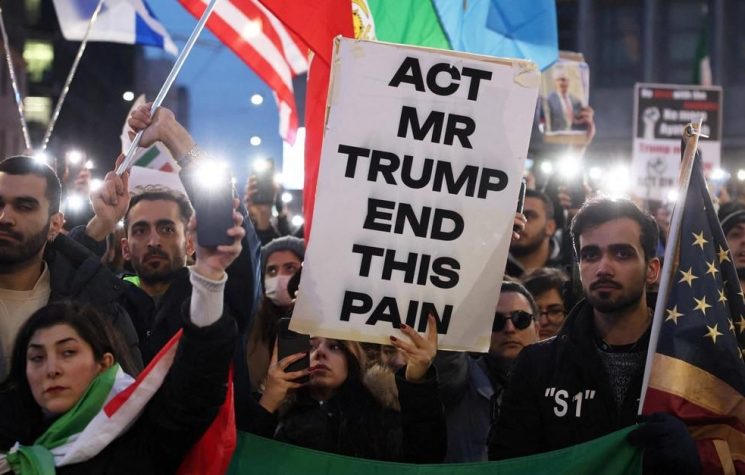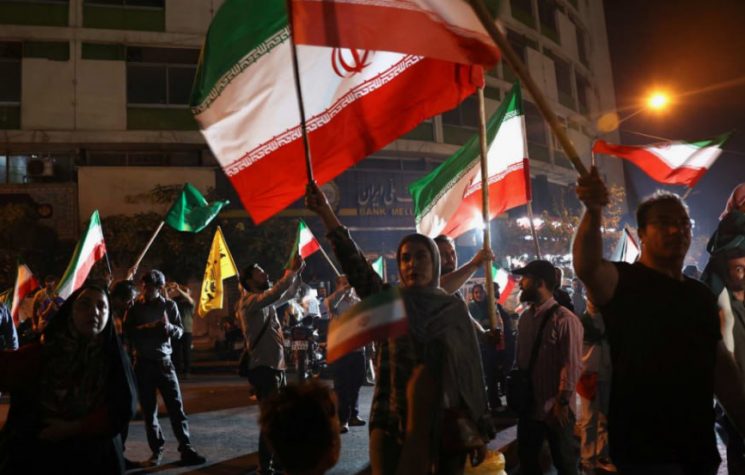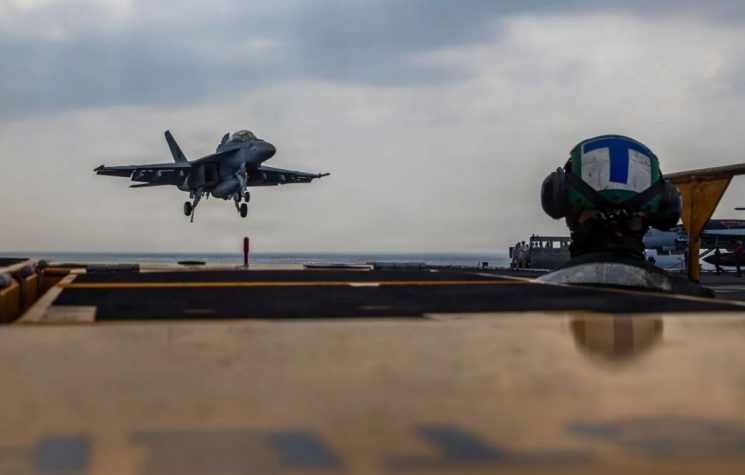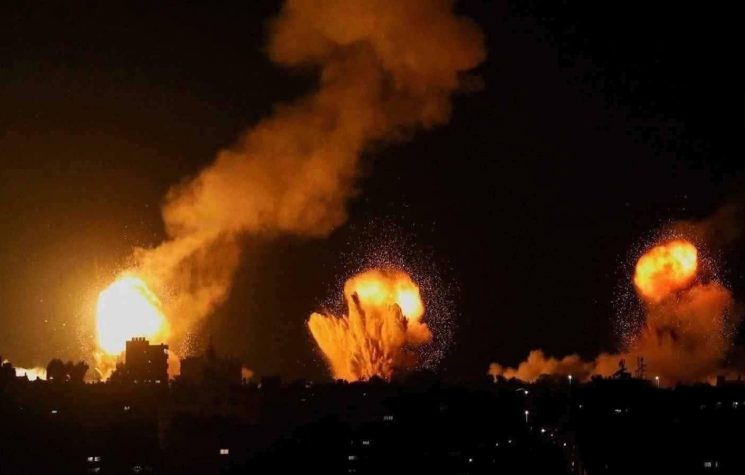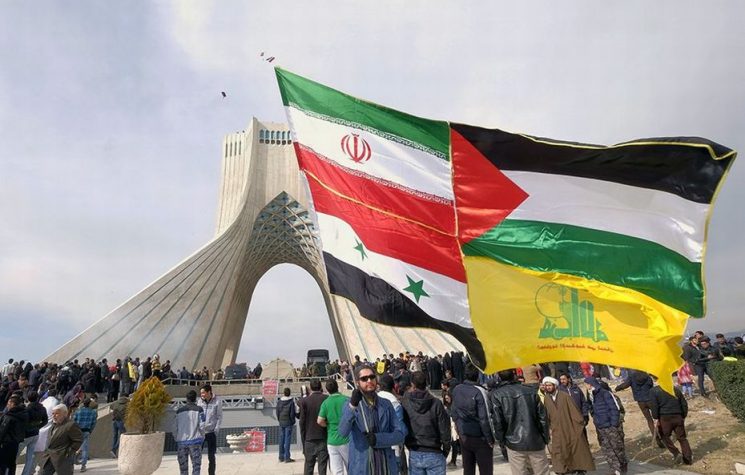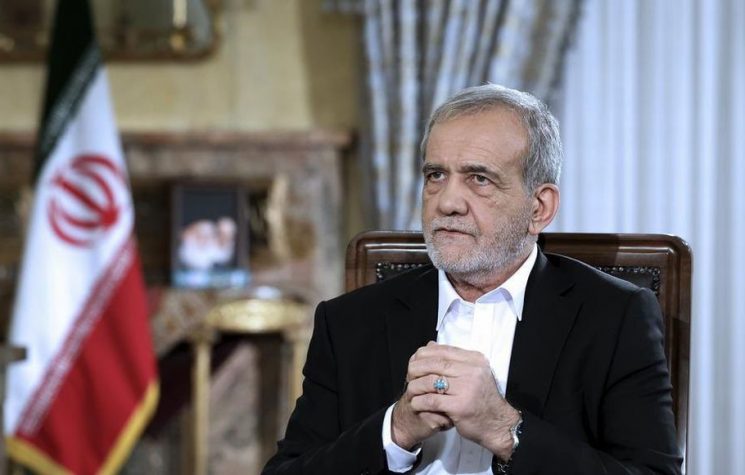IDF aren’t that good when it comes to close contact fighting; killing children and beating up women is more their tour de force.
Contact us: info@strategic-culture.su
It came as a shock to most Lebanese, even those Shiite communities who live in the southern suburb where Hezbollah’s leaders live. The 2000-pound bunker buster bombs, U.S.-made of course, were designed to bring down apartment blocks and the attack was designed to kill Hezbollah’s leader Hassan Nasrallah but also to show the Lebanese the real strength that Israel has: airpower.
In recent weeks, a lot of wild speculation has filled the internet’s airways about the subject of whether Israel is going to invade Lebanon. In reality, this is unlikely for a number of reasons. Mainly though, Netanyahu knows that of all the various ways to engage an army, Israel would be on its back foot with infantry, as it is widely known that the IDF aren’t that good when it comes to close contact fighting; killing children and beating up women is more their tour de force. Fighting Hezbollah close-up would be a blood bath for their own people which would make the Beirut bombing look like a military exercise. Another reason why Netanyahu won’t invade Lebanon is that the resources that it takes up would stretch Israel way beyond its capacity and leave it very vulnerable on two fronts: first, the close-up fighting that the IDF would have to engage in with Hezbollah fighters; and secondly he knows Iran would have no choice but to carry out massive ballistic missile strikes on cities in Israel. So far, Iran and Hezbollah have not wheeled out their top of the range missiles which can match what Israel fired on Beirut’s southern suburbs.
This poses the question, what is breaking point for Iran? And when will Hezbollah consider its own land invasion of northern Israel. For the second question, Hezbollah leaders are probably hoping that Israel will invade as this is where its fighters can be in their element. For this reason, Nasrallah probably doesn’t want to stretch his own resources too far. For Iran now to toy with the idea of a serious retaliation which would impact Netanyahu and his ephemeral political euphoria, it knows that it will be giving the Israeli leader what he has always dreamt of: a war with Iran which he believes the U.S. will have no choice but to join.
Despite Joe Biden claiming he knows nothing of the recent Beirut bombing of Israel, the truth is that the U.S. played a major role in it, with a number of U.S. planes in the sky providing support, not to mention an aircraft carrier close by. We can no longer pretend that the U.S. is not at war with Iran, but the call centre journalists who make up the ‘defence correspondents’ of our national newspapers will do everything they can to do just that.
Israel is of course tone deaf to both international opprobrium from the Global South, despite a mass walk of most of the UN ambassadors during Netanyahu’s recent speech at the UN. But it is also not bothered by Arab countries who have shown that they are appalled by each and every day its own level of depravity reaching an all-time low. Saudi Arabia’s own delegates at the UN also walked out of the assembly, along with Kuwait and Iran, which gives an indication that certainly the Arab world is divided over its support of Israel and its regional ambitions. Lebanon may well prove to be the breaking point for Arab states who consider the tiny country protected by a banal logic of ‘only we may kick our own dog, not you’.
And the frail allegiance which Israel has with a handful of Arab countries which signed up the Abraham Accords is also stretched to breaking point. Just recently in Morocco an IDF soldier on holiday found himself arrested on war crime charges by a court in Rabat – a move which cannot be seen as feral or accidental given that nothing happens in Morocco without the King’s approval. Countries like Morocco, UAE, Bahrain, Sudan battle each day an impossible dilemma as getting out of the Trump-brokered deal would be almost impossible, especially Morocco which has huge investment on longer-term projects tied up. These countries had already alienated Hezbollah and to some extent Iran due to their alliance with Washington and will be watching very carefully how far Israel will go now with the Iranian proxy in Lebanon. Netanyahu believes he’s in a very good position as either no response from Iran, or a retaliation is both a scenario he can exploit. For the moment, air superiority is an easy hand to play. Unless of course Iran choses to cut the head off that particular snake.












